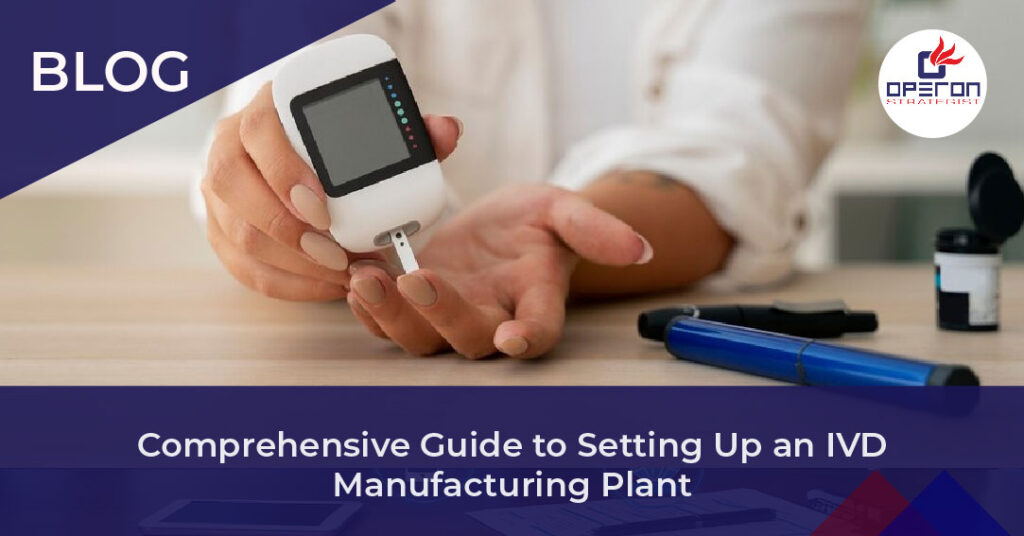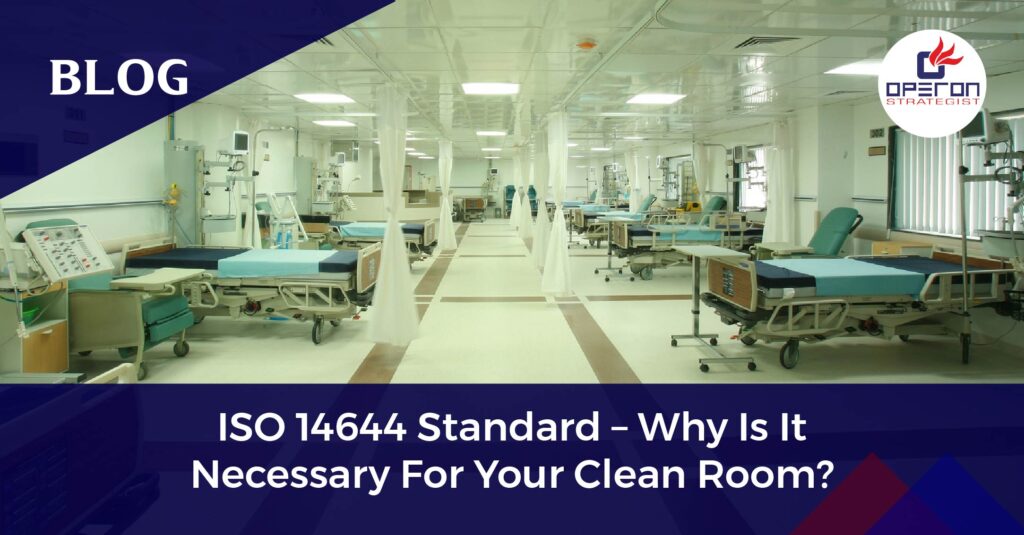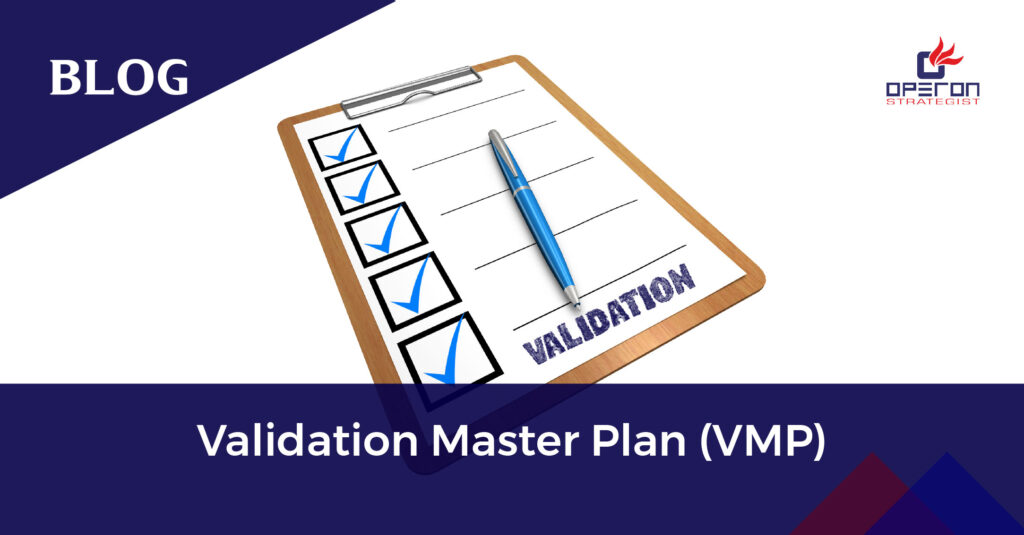Overview of IVD Manufacturing Plant
In Vitro Diagnostics (IVD) products are indispensable tools in modern healthcare, allowing for the diagnosis and monitoring of diseases by analyzing samples like blood, urine, and tissues outside the human body. Setting up an IVD manufacturing plant requires careful planning, regulatory compliance, and strategic investment. This blog outlines key details on the total investment, plant size, product segments, regulatory requirements, and the role of the Operon Strategist in helping you establish your IVD manufacturing unit.
For more details click on medical device turnkey project consulting.
Looking For a Medical Device Regulatory Consultant?
Let’s have a word about your next project
Total Plant Investment for IVD Manufacturing
The total investment required for setting up an IVD manufacturing plant ranges between 7–15 Crores. The variation in cost depends on factors such as the selection of products and the production capacity. When selecting which IVD products to manufacture, companies must evaluate market demand, raw material availability, and technical complexity.
Read more about IVD manufacturing plant
Size of IVD Manufacturing Plant
The space required for an IVD manufacturing plant can range between 6500 to 15000 square feet, depending on the selection of products and their production capacity. The plant layout design should allow for smooth workflows and segregated areas for raw material handling, production, packaging, and quality control.
Key Segments of IVD Manufacturing
IVD products cover a broad spectrum of diagnostics, and the following are the major segments:
- Clinical Chemistry
- Immunoassay
- Coagulation
- Urinalysis
- Hematology
- Flow Cytometry
- Blood Grouping & Typing
- Microbiology
Each segment includes products essential for disease diagnosis and monitoring, making them vital components of a successful IVD manufacturing business.
Some Common IVD Products
Here is a list of some of the most commonly manufactured IVD products:
- HBsAg (Hepatitis B)
- Hemoglobin
- Chikungunya IgG
- hCG – Pregnancy
- HCV ( Hepatitis C)IgM
- Malaria
- HIV / Syphilis Combo
- Leishmania IgG / IgM
- Creatine kinase-MB (ck-mb)
- Leptospira IgG / IgM
- Dengue IgG
- Dengue NS1
- Sickke Cell Anemia
- Myoglobin
- Bilirubin Total and Direct Diazo
- Glucose
- Troponin I
- Testosterone
- Urea UV
- Typhoid IgG / IgM
- Creatine
- Uric Acid
- Total Cholesterol
- Triglycerides
- Albumin
- Total Protein
- Calcium (ARSENAZO III)
- Inorganic Phosphorus
- Alkaline Phosphatase
- SGOT (Serum Glutamic-Oxaloacetic Transaminas)
- SGPT (Serum Glutamic Pyruvic Transaminase)
- Amylase Test Kit
- Haemoglobin A1c (HbA1c)
- Filariasis Ab
These products are essential for diagnostics in various medical fields such as clinical chemistry, microbiology, and hematology.
Ready to set up your IVD manufacturing unit? Contact Operon Strategist today to explore comprehensive solutions for your business.
Regulatory Compliance for IVD Products
Regulatory compliance is a critical part of the IVD manufacturing process. Ensuring that your products meet the standards of various regulatory bodies is essential for gaining market approval and ensuring patient safety.
The following are the key regulatory bodies whose standards must be met:
- CDSCO Manufacturing License (India): For obtaining licenses to manufacture and sell IVD products within India.
- CE Marking (Europe): Essential for selling IVD products in the European Union.
- US FDA (United States): Necessary for entering the US market, ensuring compliance with FDA’s stringent guidelines.
- SFDA (Saudi Arabia): For manufacturers targeting the Saudi market.
- Other Country-Specific Regulations: Depending on your target market, other country-specific regulations may need to be followed.
Ensuring compliance with these regulations will allow you to expand globally and gain consumer trust.
Role of Operon Strategist in Setting Up Your IVD Manufacturing Plant
Setting up an IVD manufacturing plant is a complex process that involves several technical, operational, and regulatory challenges. Operon Strategist, a renowned medical device consulting firm, specializes in assisting companies with the end-to-end process of setting up manufacturing units, particularly in the IVD sector.
Operon Strategist can assist with:
- Regulatory Approvals: Assisting with all regulatory filings, including CDSCO, CE Marking, and US FDA submissions.
- Plant Layout and Design: Offering expertise in designing manufacturing plants that comply with regulatory standards and optimize production efficiency.
- Turnkey Solutions: Providing comprehensive solutions, from plant setup to product licensing, ensuring a hassle-free manufacturing experience.
- Quality Management Systems (QMS): Helping establish ISO 13485-compliant quality systems tailored to IVD manufacturing.




